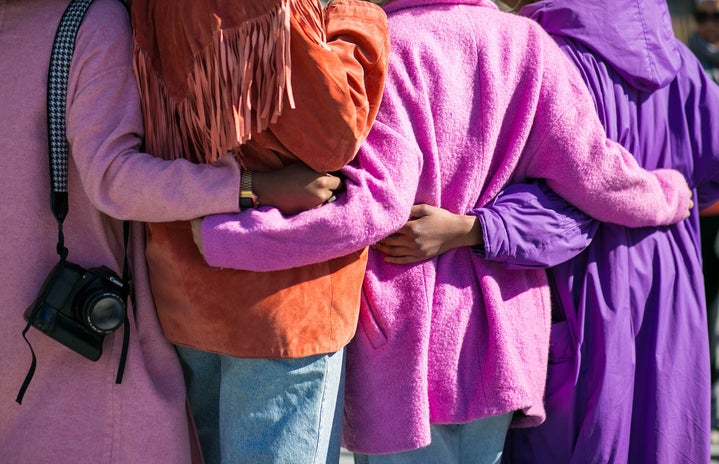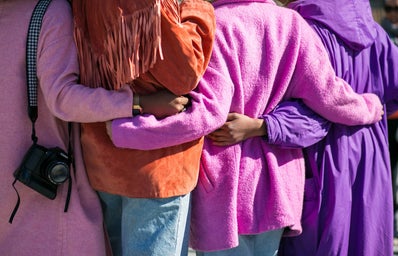In honor of Black History Month, I did some research on Black women in history that maybe you’ve never heard of. From spies to educators, these black women inspire people everywhere to follow their dreams and fight against an environment meant to stop you. Here are 15 Black women that changed the course of history.
Josephine Baker was a successful Vaudeville dancer. When her dancing career brought her to France, she became a spy for the French resistance in World War 2.
Jemison started as a medical officer in the Peace Corp. Soon thereafter, she established her own practice. She applied to NASA and went on a space shuttle that orbited the Earth. She was the first Black woman in space.
Chisholm was the first Black woman elected to Congress. She served seven terms and helped to expand the food stamps program. She was also the first Black women to seek and bid for a nomination to become President of the United States.
Bessie Coleman was the first Black woman to become a pilot. She struggled to get her pilot’s license in the U.S., so she learned French and got her pilot’s license in France. After getting her pilot’s license, she decided that flying wasn’t enough, so she became a barnstormer and performed in air shows.
Elizabeth Freeman was the first African American enslaved woman to win a lawsuit against the state of Massachusetts for her freedom. Her lawsuit helped to establish permanent abolition for African Americans.
Wangari Maathai became the first Black woman to win a Nobel Peace Prize for environmental conservation. She was the founder of the Green Belt Movement and became an elected member of Parliament.
Ketanji had always wanted to study law. She was discouraged by her guidance counselor, but she ended up attending Harvard and Harvard Law School. She became the first Black woman to be appointed to the Supreme Court.
Sonia Sanchez was an author, poet, activist, and actress that used her work to inspire Black women. She was an essential member of the Black Arts Movement by emphasizing Black pride in her work. She later became an English professor and taught for 25 years.
Dr. Temple was an integral person in public health. She put her heart and soul into helping to improve the lives of the Black East Angelenos. She was the first Black woman to graduate Loma Linda University, and she founded the first medical clinic in southeast Los Angeles.
She was an advocate for social equity. She volunteered for John F. Kennedy’s presidential campaign, and this is where she found a passion for politics. Because of the influence of the JFK’s campaign, she went on to win a seat in the Texas Senate and later to the House of Representatives as one of two black people elected. Shortly after being elected to the House of Representatives, she became the first Black woman to deliver the keynote address to the Democratic National Convention. After her time in politics, she became a professor.
Our Native Daughters is a music group who used their music to shine light on the Black female experience. They confront issues of Black women and of the world around us such as racism, misogyny, etc. They used their music to spread hope and call all Black woman to fight for justice.
Harris was first Black woman to become a U.S. ambassador where she represented the United States in Luxembourg. She was appointed to a cabinet shortly after being named Secretary of Housing and Urban Development.
Hamer was a civil rights activist who was arrested and beaten after sitting in a white-only section of a restaurant in Mississippi. After that she founded the Mississippi Freedom Democratic Party. Because of her work here, the Mississippi democratic party became integrated.
She was the first Black person to play in the New York Metropolitan Opera. After her time performing, she became a U.S. Goodwill Ambassador and a delegate for the UN’s Human Rights Committee. Because of her service, she was one of the first to receive the Presidential Medal of Freedom.
She became the first U.S. woman to win three gold medals in one Olympics. After her time in the Olympics, she became a civil rights activist and a schoolteacher. She then went on to be a commentator for the 1984 Olympics.
These women changed the world when they were never supposed to be able to. They are an inspiration to women everywhere and they inspire me to follow my dreams. Thank you to all of these women who made the impossible possible.


